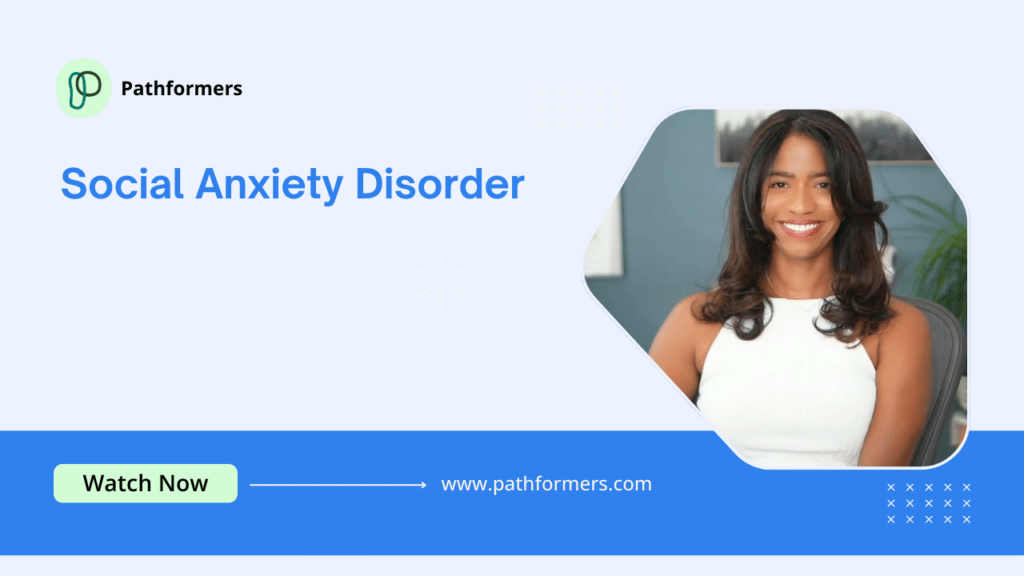Today we’re diving into a topic that many kids and teens face: Social Anxiety Disorder (SAD). If you’re a parent or caregiver, you might have noticed that your child seems extra anxious about social situations, especially after the isolation many experienced during the COVID-19 pandemic. It’s perfectly normal for kids to feel nervous about meeting new people or speaking in front of others, but for some, this anxiety can become overwhelming.
Social Anxiety Disorder involves a deep fear of being judged or embarrassed in social settings. Your child might dread events like birthday parties, school presentations, or even just eating in front of others. They might worry so much about what others think that it stops them from enjoying activities they once loved.
In this module, we’ll talk about what SAD looks like, explore some of the underlying reasons why it develops, and share practical ways you can support your child. The goal is to create a safe space for them to express their feelings and slowly build their confidence in social situations.
Thank you for joining me on this journey. Together, we can help your child navigate their experiences with social anxiety and find their way back to feeling comfortable and connected with others. Let’s get started!



